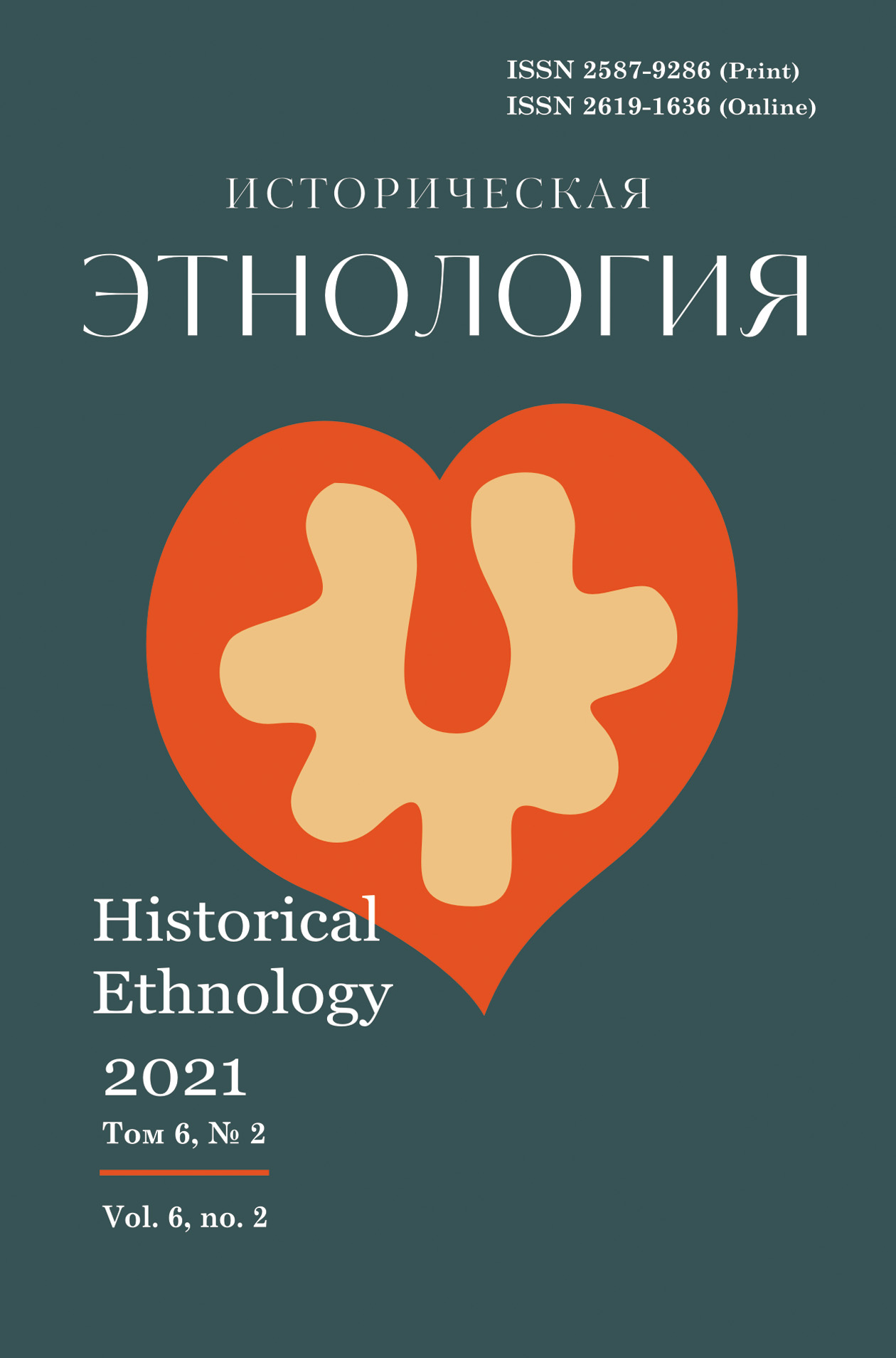
Main menu / 2021, vol.6, no.2 / Bushueva L.A.
Teaching the Tatar language in Kazan institutes of higher education in the 1920s: from Old Turkic written language to the Dalton plan Bushueva L.A.
208–220 p. doi.org: 10.22378/he.2021-6-2.208-220 The article examines the process of the Tatar language teaching formation in Kazan institutes of higher education in the 1920s on the example of institutes in the Humanities sphere: the North-Eastern Archaeological and Ethnographic Institute, the Eastern Academy and the Tatar National Branch of the Eastern Pedagogical Institute. The research is based on a wide range of unpublished sources from the funds of the State Archive of the Republic of Tatarstan. The study examines the curriculum of the disciplines within which the Tatar language was studied, the teaching forms and methods, as well as the formation of a team of specialists who taught the language during that period. Special attention is given to the study of the socio-political conditions in which the Tatar language instruction developed. It has been established that in the first years of the Soviet regime, the Tatar language was taught in Kazan institutes mainly by orientalists. Therefore, teaching this subject was closely related to oriental studies and source studies disciplines. Students mastered not only the spoken Tatar language, but also learned to work with Old Turkic writing manuscripts. Teaching the Tatar language in the second half of the 1920s was aimed primarily at training teachers of the native language. That period was distinguished by the instability of curricula, the introduction of new teaching methods, including the Dalton plan, and also changes in teaching staff. Keywords: teaching the Tatar language, North-Eastern Archaeological and Ethnographic Institute, Eastern Academy, national branches of the Eastern Pedagogical Institute For citation: Bushueva L.A. Prepodavanie tatarskogo yazyka v vuzah Kazani v 1920-e gg.: ot drevnetyurkskoy pis'mennosti k Dal'ton-planu [Teaching the Tatar language in Kazan institutes of higher education in the 1920s: from Old Turkic written language to the Dalton plan]. Istoricheskaya etnologiya, 2021, vol. 6, no. 2, pp. 208–220. https://doi.org/10.22378/he.2021-6-2.208-220
REFERENCES Valeev R.M., Valeeva R.Z., Khayrutdinov D.R. Vostokovedenie v Kazani: Vostochnyy fakul’tet dolzhen sushchestvovat’ pri Kazanskom gosudarstvennom univerisitete. 1924 – 1925 [Oriental Studies in Kazan: The Oriental studies Faculty Should Exist under Kazan State University. 1924–1925]. Gasyrlar avazy – Ekho vekov, 2020, no. 3, pp. 65–90. (In Russian) About the author: Lyudmila A. Bushueva, Cand. Sc. (History), Senior Research Fellow of the Center of History and Theory of National Education, Marjani Institute of History of the Tatarstan Academy of Sciences (7А Baturin St., Kazan 420111, Russian Federation); bushueva9@mail.ru
Received October 1, 2021 Accepted for publication November 22, 2021 Published Online November 29, 2021 |
Istoricheskaya etnologiya Historical Ethnology
Scientific journal







